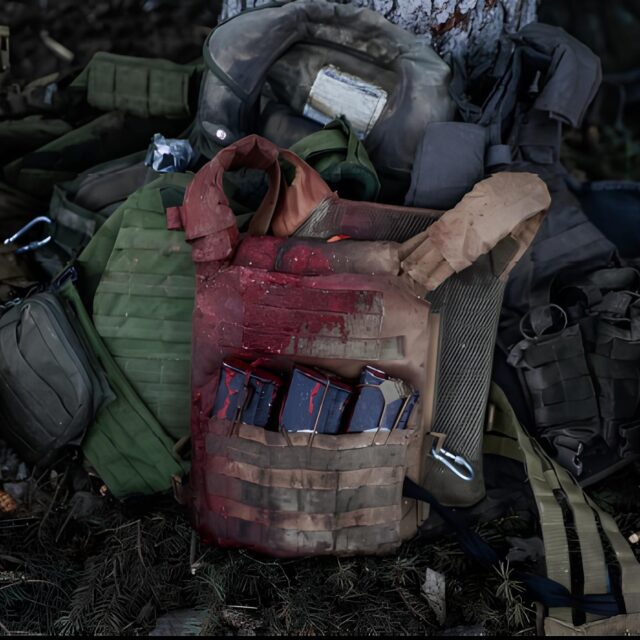Emily O’Reilly, Europe’s Ombudswoman
The European Ombudswoman has published her recommendation on Adam Farkas’ move from the European Banking Authority (EBA) to a financial lobby.
Emily O’Reilly, the Ombudswoman, who is responsible for ethical issues in the EU institutions, comes to a crystal clear conclusion: this move to the investment banking lobby AFME should not have been approved by the EBA. The Ombudswoman’s recommendations are a milestone against revolving door practices between European public authorities and lobby organisations.

“This is a great success for my longstanding fight against one-sided lobbying influence,” said Sven Giegold MEP, “The EBA must now swiftly revise its internal rules to prevent such serious conflicts of interest in the future. Changes like the one of Mr. Farkas between public institutions and lobby organisations without a sufficiently long cooling-off period damage confidence in democracy. Valuable insider knowledge moves directly from a public authority to a private lobby organisation which seeks to influence European legislation.”
All EU institutions and authorities should take a very close look at this decision of the Ombudswoman, because comparable revolving door moves are a sad reality there too. The Commission should present a legislative proposal to effectively prevent conflicts of interest in the future in all EU institutions and agencies.
“The Commission needs to carefully check the implementation of the staff regulation,” Giegold went on to say, “I will now send a letter to each and every EU institution and agency, calling for the recommendations of the Ombudswoman to be implemented there as well and for decisive action to be taken to prevent conflicts of interest in job changes of staff.”
The whole process is equally embarrassing for the European Commission. It has tolerated the job change by Adam Farkas. The Commission’s position on enforcing the prevention of conflicts of interest in job changes in the EU Staff Regulation is weak, and it regularly allows questionable job changes for its own staff. Giegold has called on the Commission to finally apply the EU Staff Regulation consistently.
On the first of February of this year, Adam Farkas took up his new job with the lobby organisation of the large banks and capital market players (AFME). The EBA’s Board of Supervisors had approved this change under lax conditions and had not withdrawn the decision even after the European Parliament had called for a revision. The European Parliament resolution on Farkas’s change came about on the initiative of Dutch Socialist Paul Tang and Sven Giegold. The EBA’s decision on Farkas’ move cannot be reversed at this stage. As successor to Farkas, the EBA had proposed Gerry Cross, a candidate who himself has an extensive lobbying history, including with AFME. The European Parliament has rejected this candidate in order to prevent further damage to the reputation of EU authorities.
The complaint against the Farkas case was submitted to the Ombudswoman in January by the NGO group Change Finance together with a number of MEPs including Giegold. The Ombudswoman states in her recommendation that Farkas’ move to the lobby organisation is a case of maladministration and should not have been authorised. A ban would have been the necessary and proportionate measure. In addition, the EBA did not take the necessary safeguards to protect confidential information in time when it learned of the planned move.
O’Reilly recommends that the EBA should in future prohibit planned transfers of senior managers to lobby organisations for a period of two years, for example, if there is a conflict of interest. The EBA should also set criteria to clarify when such transfers should be prohibited in the future and establish internal procedures to protect confidential information during planned transfers.
The Ombudswoman does not accept the right to work as justification for any revolving door move which is often cited in such cases. It must be weighed against the public interest. Sven Giegold has promised not to relax his efforts to scrutinise the situation closely.




